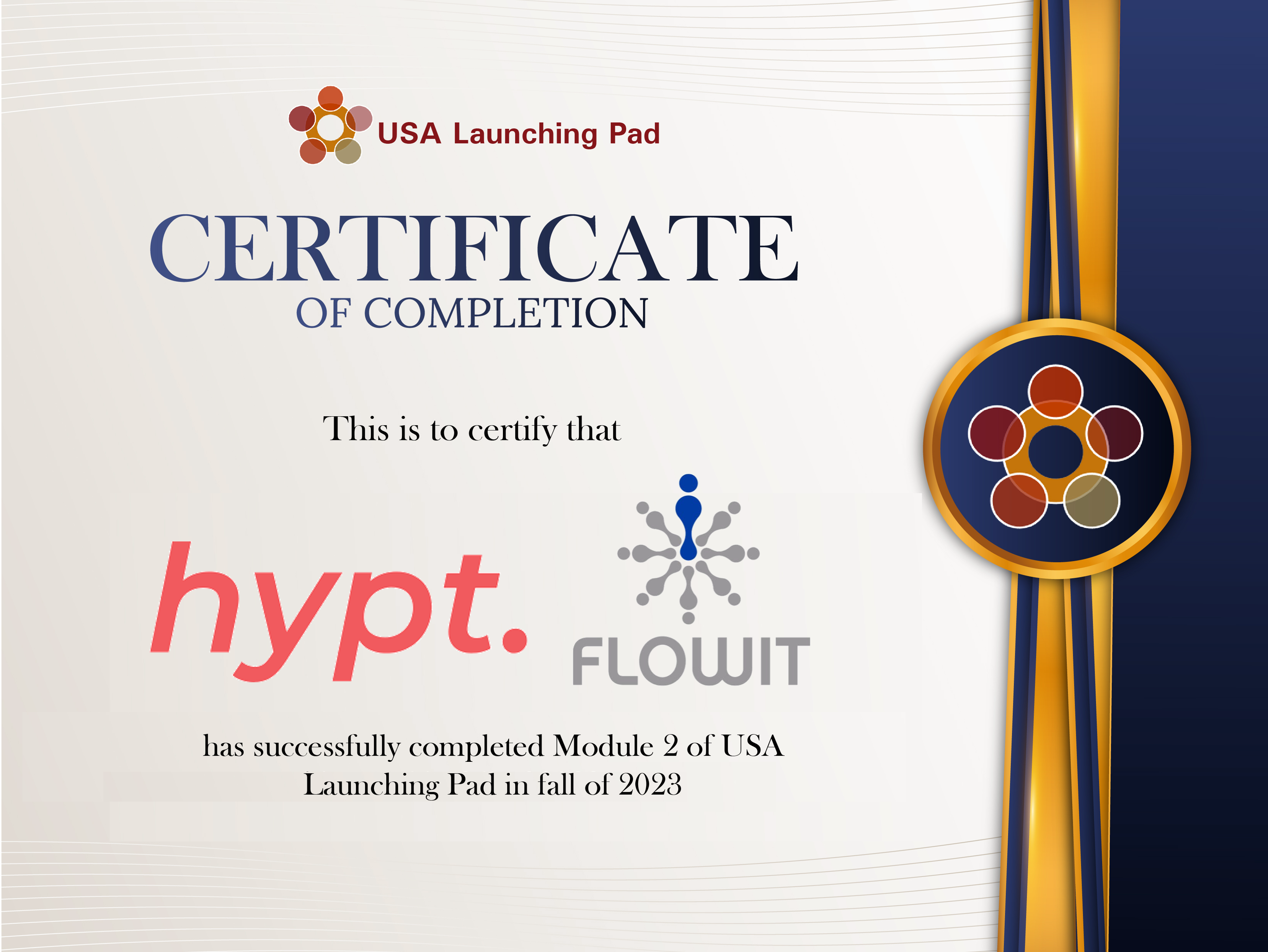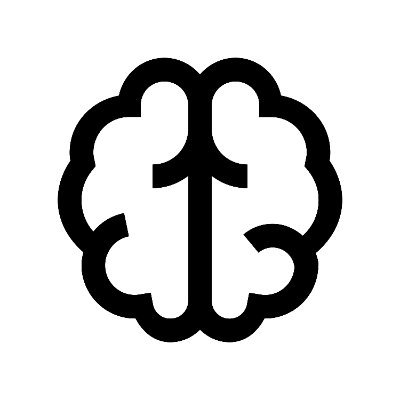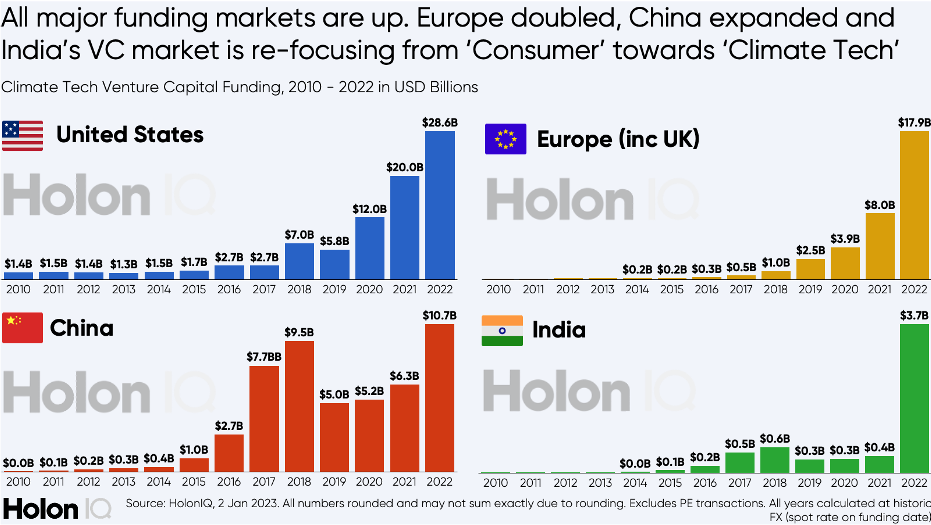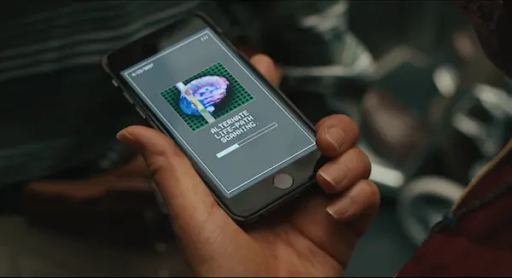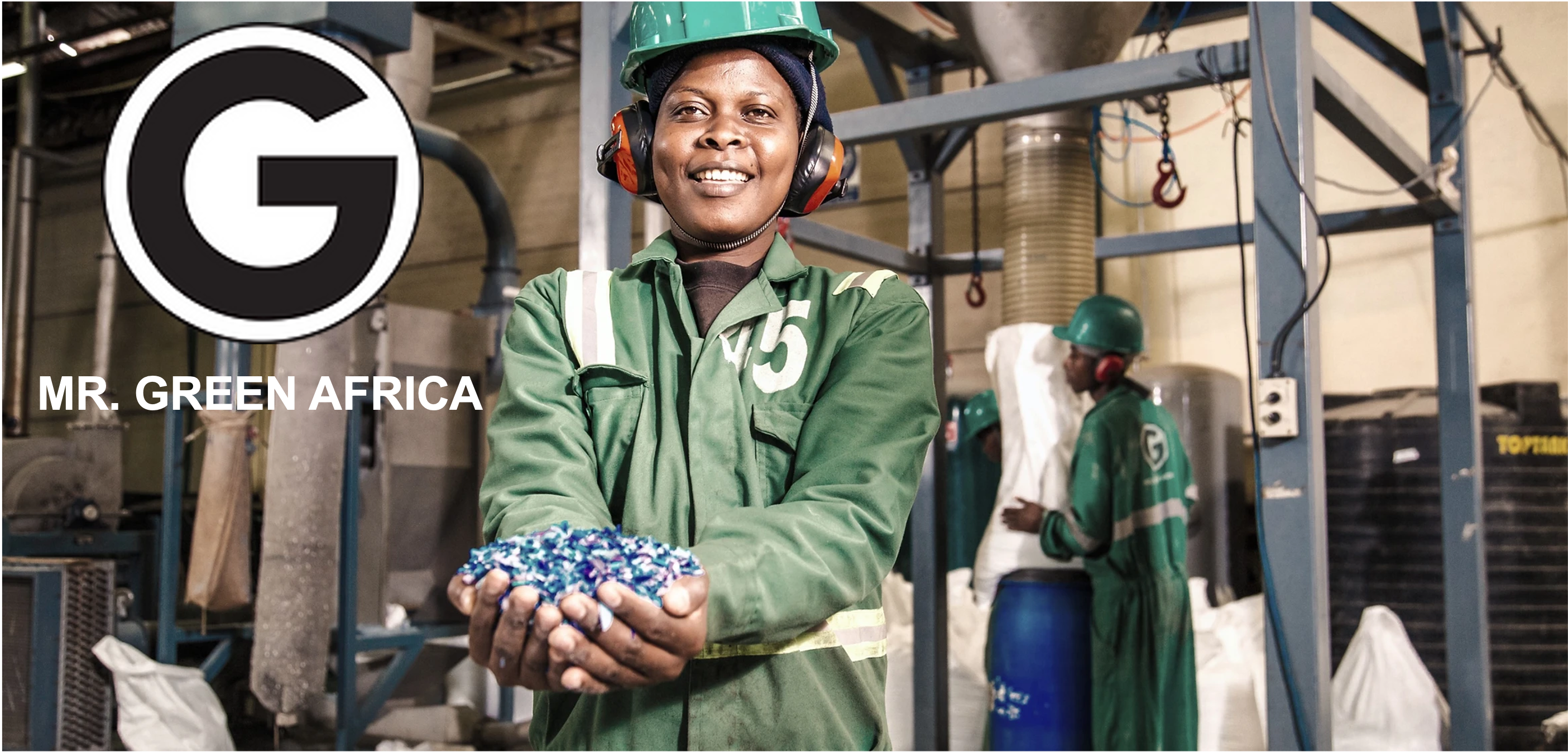USA Launching Pad: New Businesses Coming to America Now
Our business at USA Launching Pad continues to grow, and recently, we had another cohort of international trailblazers come to Silicon Valley to accelerate their expansion into the U.S. market. These companies are crossing the Atlantic with fresh, transformative ideas: Hypt: Amplifying Word-of-Mouth in the Digital Age Hypt is a marketing dynamo reinventing how businesses harness word-of-mouth in the digital realm. Their ingenious platform activates customers immediately after a high rating, encouraging referrals while swiftly addressing negative feedback before it escalates. In a landscape where a single review can make or break a reputation, Hypt’s service is invaluable. With an eagle eye on privacy, they navigate the complex web of regulations to comply even with the highest standards (banking…) to ensure that every piece of data is handled with the utmost care. The founders solved how to bring word-of-mouth to the internet in a scalable and compliant way: A game-changer for businesses keen on maintaining sterling reputations in an increasingly review-driven economy. Flowit: Streamlining Talent Management Flowit enters the market, offering a much-needed solution for …

